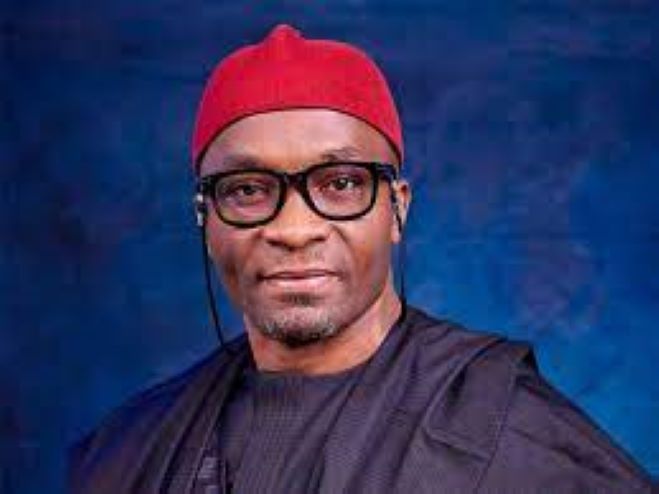$10b saves as Nigeria removes fuel subsidy- Deputy Speaker

$10b saves as Nigeria removes fuel subsidy- Deputy Speaker
Hon. Benjamin Kalu, the Deputy Speaker of the House of Representatives, has emphasized the economic benefits of eliminating fuel subsidies in Nigeria, saying that the government has saved $10 billion in 2023 and that the move has resulted in a 22% increase in dollar remittances from the diaspora, totaling $28 billion in 2024. He also noted that the removal of the subsidies has allowed the government to reallocate funds to vital sectors like infrastructure, healthcare, and education. He attributed the economic gains to the President Bola Ahmed Tinubu-led administration’s efforts to promote economic growth and development. 3.19% increase in Nigeria’s GDP in Q2 2024 and a significant increase in Foreign Direct Investment (FDI), with Nigeria attracting $6.4 billion in FDI in 2024.
Kalu also emphasized the government’s accomplishments in development, security, and politics. He reported that between Q2 2023 and Q4 2024, there was a 47% decrease in banditry incidences in the North-West. Through technology-driven procedures, the administration has also improved electoral integrity, which has raised youth political participation in Nigeria.
The significance of legislative measures in fortifying democratic institutions was underscored by the Deputy Speaker. As evidence of the government’s dedication to fostering growth and resolving regional imbalances, he pointed to the enactment of the South East and North West growth Commission Acts.
Kalu also emphasized the government’s efforts to foster innovation and technical progress. By 2027, internet penetration is expected to rise from 49% to 70%, according to the National Digital Economy Policy (2023–2030). The Nigeria Start-Up Act’s introduction has also spurred tech innovation, securing over £300 million in venture capital funding in 2024.
The meeting was attended by a number of Oxford University scholars and investors, including Dr. Christopher Nwadibia, Dr. Dyedra Morrissey, and Engr. Jackson Offor. Kalu encouraged investors to think of Nigeria as a viable business destination and stressed the need for international collaborations to strengthen socio-economic advancements in the country. The parties decided to hold their next meeting in Nigeria, where other stakeholders will join the conversations on Africa’s opportunities and challenges. The Deputy Speaker’s remarks were well received by the attendees, who indicated interest in investigating business opportunities in Nigeria. The meeting was a significant step towards promoting economic cooperation and development between Nigeria and the international community.
Do you find Tmaq Media useful? Click here to give us five stars rating!





















